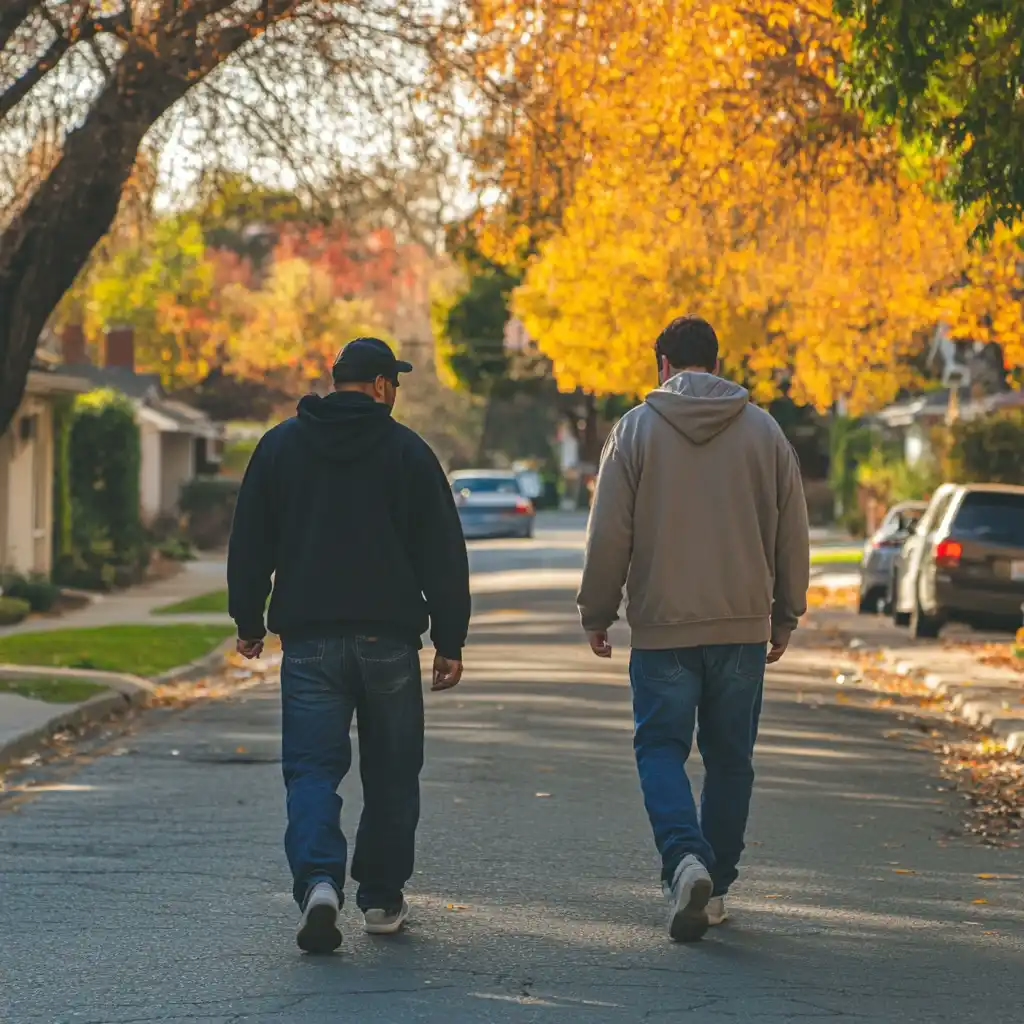When you’re newly sober, every day can feel like a test of your willpower. The early stages of recovery are full of firsts: first social events without drinking, first hard day without using, first time facing emotions without numbing. It’s important to remember that facing these emotions is a normal part of the recovery process.What makes the difference between staying on track or slipping back into old patterns often comes down to one word: accountability.
What Does Accountability in Early Recovery Really Mean?
Accountability exists without any elements of guilt or punishment. It’s about showing up for yourself, and having a system in place that helps you do that even when it’s hard.
In early recovery, accountability often looks like:
- Letting someone else know your goals, schedule, or triggers
- Having structured routines and clear expectations
- Following through on small commitments (like chores or check-ins)
- Being honest when you’re struggling, even if it’s uncomfortable
It’s not about being perfect. It’s about staying connected and responsible, even when your brain tells you to isolate, hide, or give up.
Why Accountability Matters So Much in Early Sobriety
In the first 30, 60, or 90 days of recovery, your brain is still recalibrating. Decision making, impulse control, and emotional regulation are all works in progress. The process of healing from addiction follows biological patterns which should not be considered a personal failing.
Accountability creates a framework that supports recovery while your mind and body catch up. Here’s how:
- Breaks the isolation cycle: Many people relapse when they feel alone or disconnected. Being accountable means someone knows where you are and how you’re doing.
- Builds confidence: Showing up on time, meeting goals, and keeping commitments, even the small ones, reminds you that you can do this.
- Reduces risk of relapse: When you know someone will ask how your meeting went, whether you called your sponsor, or even whether you woke up and got to work on time, you’re more likely to follow through.
- Rebuilds trust: Your loved ones learn to believe in your growth, because they see consistent, reliable actions.

Real-World Examples of Accountability in Sober Living
At a well-run sober living home, accountability is built into the day-to-day rhythm. That might include:
- Daily or weekly check-ins with house managers and peers
- Mandatory meeting attendance (12-step meetings such as AA and NA, SMART Recovery, etc.)
- Random and regular drug/alcohol testing
- House rules around curfews, chores, visitors, and employment or school engagement
- Community support, if someone’s struggling, the house notices and responds
The goal isn’t to be strict for the sake of it. It’s to create a space where healing becomes sustainable.
What Healthy Accountability Isn’t
To be clear, accountability is not the same as shame, control, or surveillance. If you’ve experienced toxic dynamics in your past, whether in family, school, or even a treatment setting, it’s easy to confuse being “held accountable” with being criticized or controlled.
Healthy accountability is:
- Collaborative, not punitive
- Transparent, with clear expectations and consequences
- Grounded in mutual respect and shared goals
- Flexible when life throws curveballs
In a recovery context, that means if someone messes up, the focus is on learning, not punishment.
Building Your Own Accountability System
You don’t have to be in a formal program to build accountability into your life. Here are some practical ways to do it:
- Choose your people wisely. Identify 1–3 individuals (sponsor, sober friends, mentor, family member) you trust to tell the truth, even when it’s hard.
- Share your plans and goals. This could be as simple as texting someone your schedule for the day.
- Set regular check-ins. Weekly phone calls or in-person meetups help you stay grounded.
- Track your progress. Use a journal, sobriety app, or calendar to reflect on what’s working and what’s not.
- Ask for feedback. Let others lovingly hold up a mirror. You don’t have to agree with everything they say, but listen.
Accountability and Personal Empowerment Go Hand in Hand
One of the biggest misconceptions about accountability is that it means giving up freedom. In reality, the opposite is true.
Accountability creates freedom. It helps you build a life where you can be trusted, both by yourself and by others. It lets you to take risks, try new things, and grow, knowing you have a safety net if you start to fall.
This is especially important in early recovery when your foundation is still forming. Accountability gives structure to your healing, and over time, it becomes second nature.

How Accountability Strengthens Relationships in Recovery
One of the most rewarding (and sometimes challenging) parts of early recovery is learning to reconnect with family, friends, and your own sense of self. Accountability is a key part of that process.
When you consistently follow through on your word, show up when you say you will, and take responsibility for your actions, people begin to trust you again. That trust may take time to rebuild, especially if relationships were strained or damaged during active addiction. But accountability plants the seeds of healing.
For example, something as simple as calling a parent when you say you will, or being honest with a housemate about a mistake, builds credibility and mutual respect. Over time, these consistent acts of accountability help repair broken bonds and create stronger, healthier relationships.
It also works both ways: being held accountable by others shows that you matter to them. You’re no longer in survival mode, you’re part of a community again.
At Open Sky Recovery, Accountability Is a Daily Practice
We believe that sustainable sobriety isn’t just about staying away from substances, it’s about living in alignment with your values and commitments. Our sober living home offers a balance of structure and freedom, support and independence.
From chore schedules to weekly community meetings, from random drug testing to peer support, everything we do is grounded in the belief that you heal best when you are seen, supported, and held to your potential.
You’re Not in This Alone
If you or someone you love is in early recovery and needs a safe place to grow, we’re here. Accountability doesn’t have to feel heavy—it can be one of the most empowering parts of your journey.
Call Open Sky Recovery today or visit our website to learn more about how our sober living home creates the structure and support needed for lasting change.


